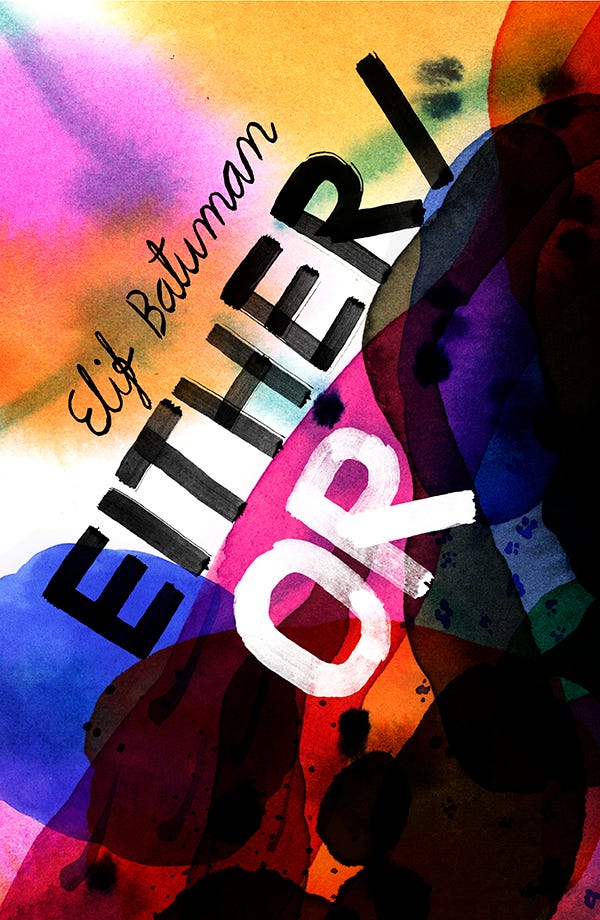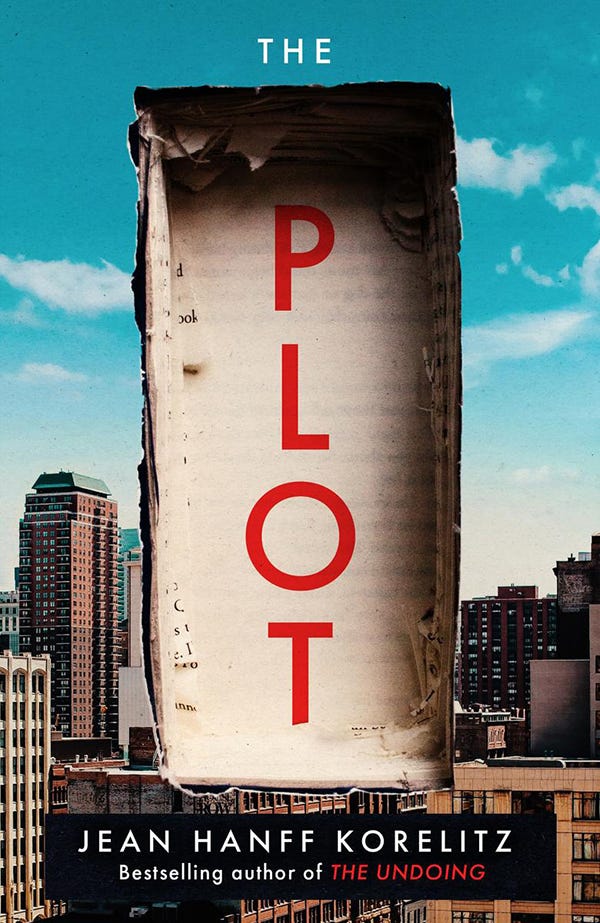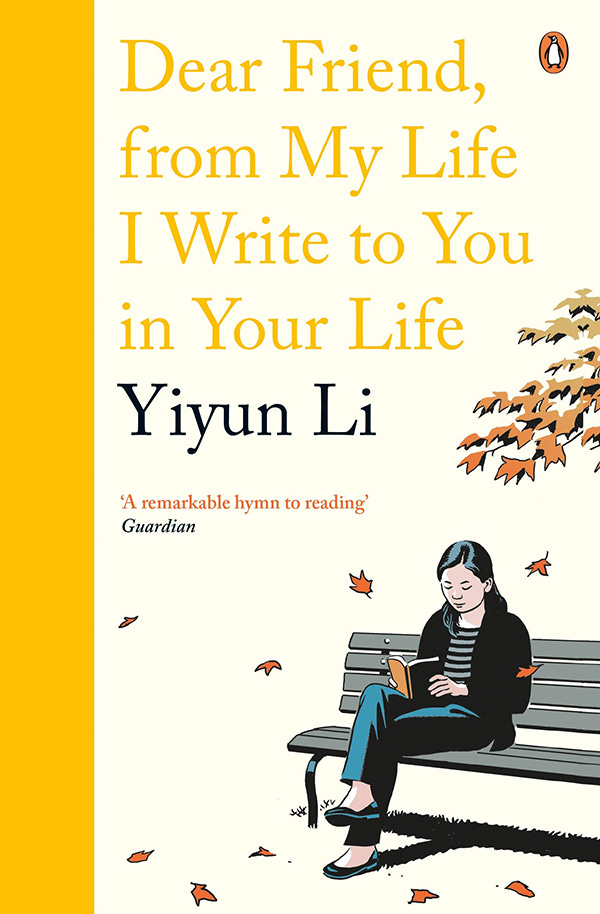Double-booked 📚🪞📖
A novel idea.
When we’re feeling particularly bookish, we read books about books. Inspired by Ruth Ozeki winning the Women’s Prize for Fiction with a book narrated by a book, we’ve picked out some of our old, dog-eared favourites and the new discoveries that have whizzed right to the top of our to-be-read pile.
Either/Or
“What if I could use the aesthetic life as an algorithm to solve my two biggest problems: how to live, and how to write novels? In any real-life situation, I would pretend I was in a novel, and then do whatever I would want the person in the novel to do. Afterward, I would write it all down, and I would have written a novel, without having to invent a bunch of fake characters and pretend to care about them.”
Elif Batuman’s Either/Or is the much-anticipated sequel to her debut novel, The Idiot, in which we tagged along as Selin, the Turkish American narrator not dissimilar to the author, navigated her first year at Harvard with equal parts youthful naivety and Ivy League smarts while obsessing over literature and language. Now she’s back, she’s in second year, and she’s still over-thinking everything and managing to find endless parallels between her own experiences and the books and characters she encounters.
This time around, Selin seems hell-bent on pursuing the aesthetic life rather than the ethical life – pitted against each other in Danish philosopher Søren Kierkegaard’s Either/Or, this novel’s namesake – and we can’t wait to get properly stuck in to find out how that works out for her.
A shot of pure (sometimes uncomfortable) nostalgia for those of us who crossed over into adulthood in the 90s, these are so much more than coming-of-age campus novels, however – each of Batuman’s beautifully written books is a droll and knowing study of reading, questioning, storytelling, and finding your way.
Further reading: Once you’ve finished The Idiot and Either/Or, find more Batuman brilliance in her first book, The Possessed. This memoir – subtitled “Adventures with Russian Books and the People Who Read Them” – was the precursor to the fictionalised version of her university life. And if Selin’s love of language strikes a chord, try Eley Williams’ fantastic The Liar’s Dictionary, with its rogue lexicographer who makes up fictitious entries. For another literature-centric campus novel, look no further than The Marriage Plot by Jeffrey Eugenides.
The Plot
“I’ve always thought there was a kind of beauty to it, the way narratives get told and retold. It’s how stories survive through the ages. You can follow an idea from one author’s work to another, and to me that’s something I find powerful and exciting.”
It’s no surprise that the subject of plot-nicking pops up every now and then in novels – after all, authors spend a fair amount of time worrying that their idea isn’t original, or fretting that they might leave their secret-filled notebook on a train. Jean Hanff Korelitz’s take on the theme isn’t the sort of book we usually gravitate towards – we don’t often pick up psychological thrillers – but the, um, plot of The Plot sounded too gripping to ignore.
Creative writing tutor Jake – who was tipped for literary stardom after his first novel, but has been struggling to make waves since then – listens as a cocky student tells him he’s come up with a potential plot that will turn him into a bestselling author overnight.
He’s right – well, half-right.
It actually turns his teacher into a bestselling author. A couple of years later, Jake discovers that the student has died. And so, he decides to “borrow” his brilliant idea for a novel. He writes the book, Crib, and it’s a huge success. He thinks no one will ever discover his secret.
He’s wrong – completely and utterly wrong.
Jake is contacted by someone calling him a thief. Cue a pacy cat-and-mouse tale and a story-within-a-story (we get to read excerpts from Crib along the way). The Plot is twisty and turny and tense, with a dose of satire mixed in to temper all that suspense, and a really brilliant oh-my-god ending.
Further reading: Plagiarism rears its ugly head once more in A Ladder to the Sky by John Boyne, while in Austin Wright’s Tony and Susan, a woman is creeped out by her ex-husband’s crime manuscript (do watch fashion designer Tom Ford’s film adaptation, Nocturnal Animals, too). The Wife by Meg Wolitzer tackles literary lies and marital sacrifices, and The Other Black Girl by Zakiya Dalila Harris is a sinister, unsettling story of racism and white privilege at a publishing house.
Dear Friend, from My Life I Write to You in Your Life
“I am aware that, every time I have a conversation with a book, I benefit from someone's decision against silence.”
Yiyun Li’s memoir is a reminder that a good book can be not just a salve, but a saviour. This volume of essays, thoughts, and recollections was written over two years while she was in the depths of suicidal depression. Reading kept her company, perhaps even kept her alive. An award-winning author of short stories and novels, Li counteracted her temporary loss of interest in writing fiction by instead seeking solace in the lives of those she met wandering around other people’s books.
She ponders everything from familial friction – her controlling mother looms large – to her decision to write in English, not Chinese, and it’s all stitched together with the unbreakable thread of reading for comfort and for cheer.
It’s often not an easy book to read, and if the overarching theme of mental illness is too close to home for you, tread carefully. There is, of course, a lot of pain in the pages of Dear Friend, from My Life I Write to You in Your Life, but it’s also reflective, wise and so gorgeously written. Ultimately, hope and gratitude prevail.
Further reading: More memoirs that revolve around books are No One Round Here Reads Tolstoy, Mark Hodkinson’s account of growing up as a voracious working-class reader, and All The Lives We Ever Lived by Katharine Smyth, a moving tribute to her late father, and to the book that helped her make sense of her grief: To The Lighthouse. Or relive your childhood reading memories with Lucy Mangan’s Bookworm, a warm and witty celebration of children’s books.
This week, Sian’s been baking wedding brownies and Laura has bought a flouncy orange dress.







